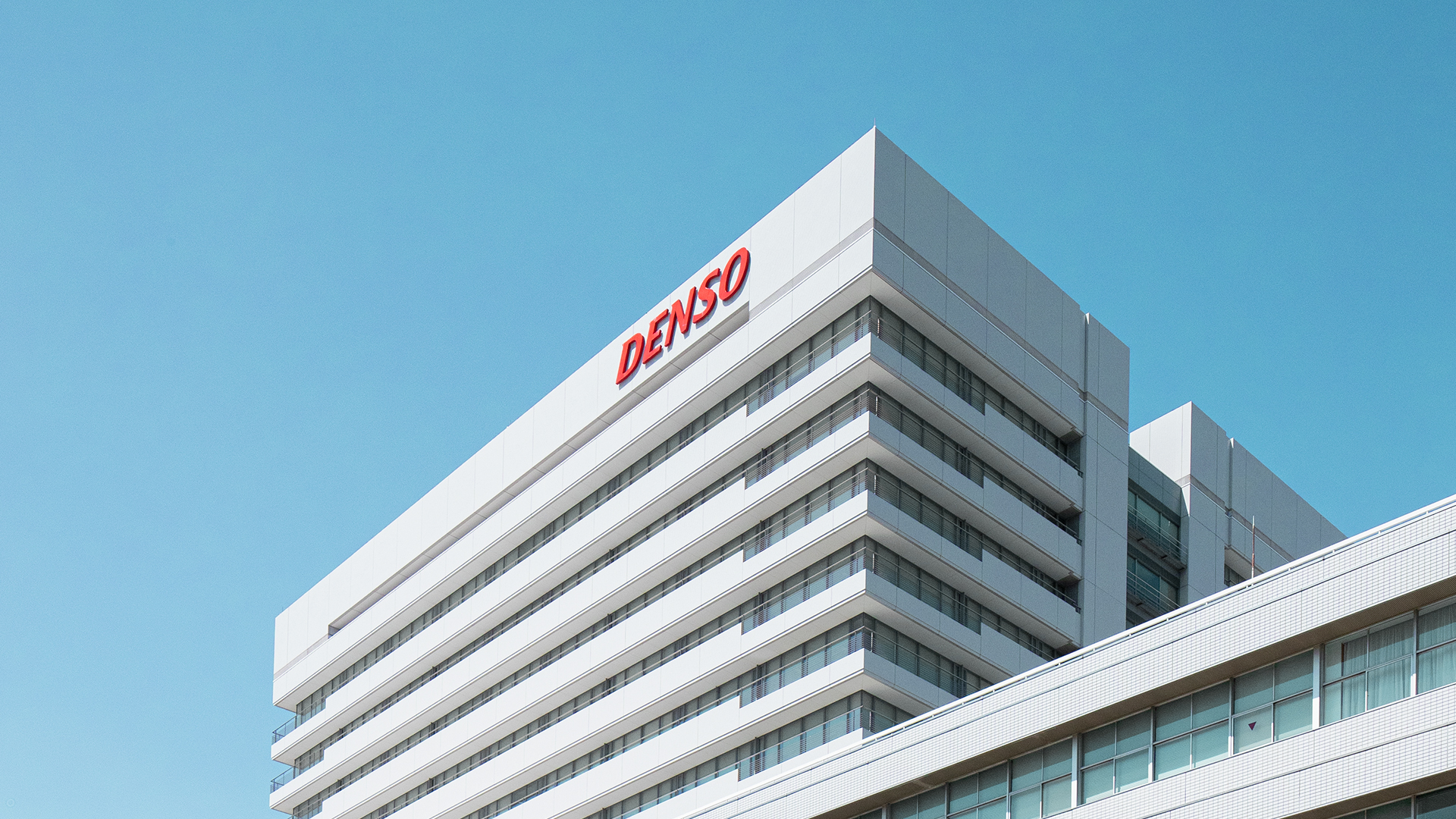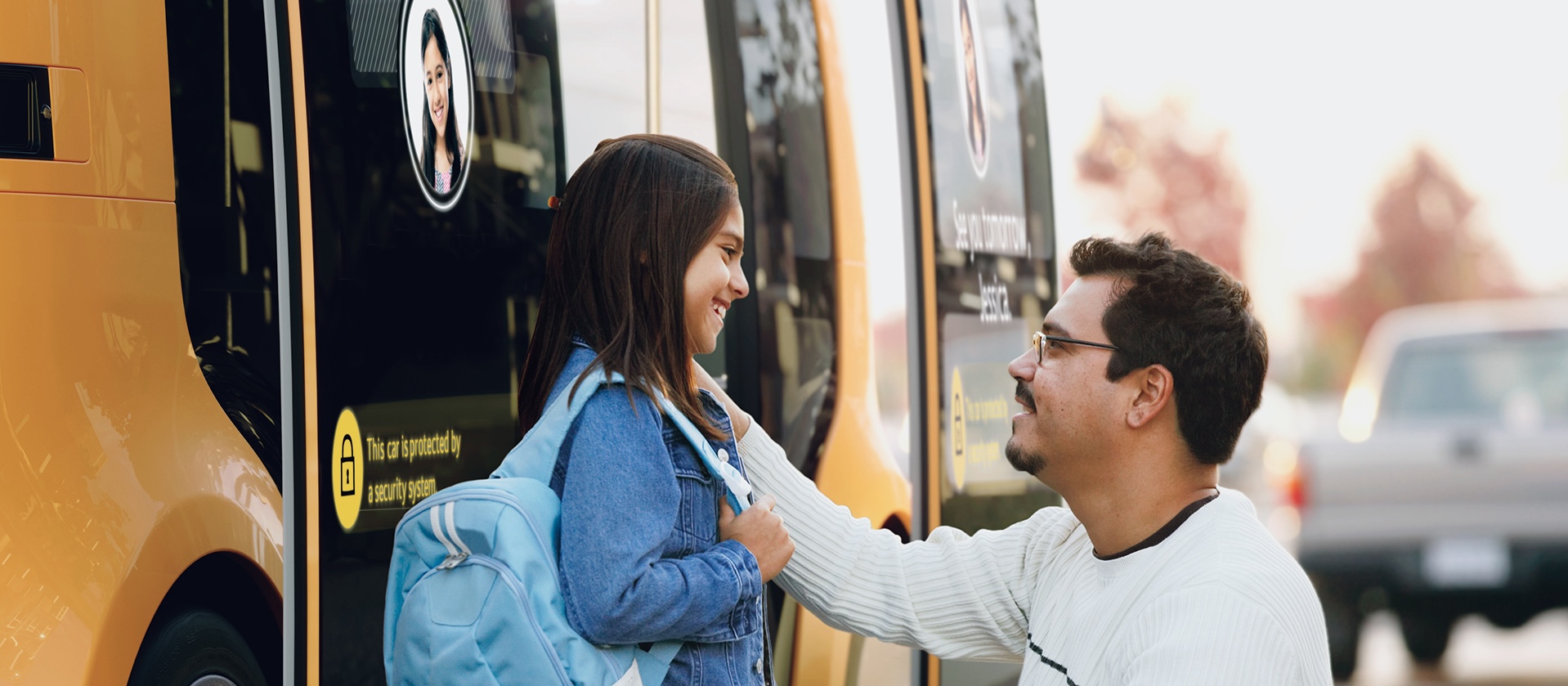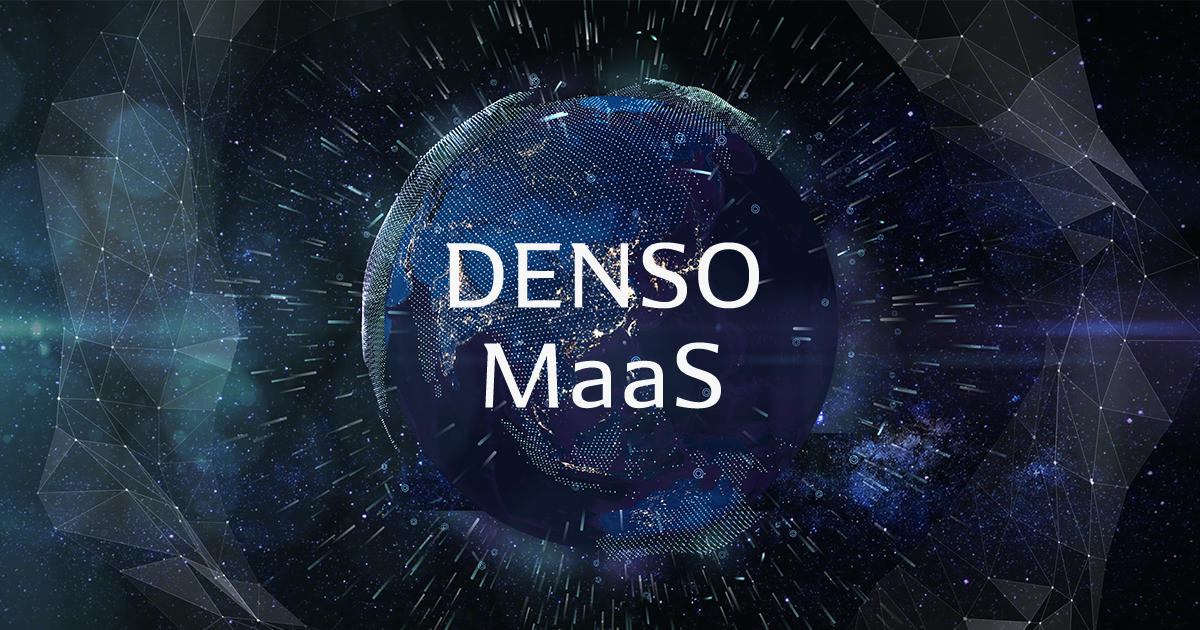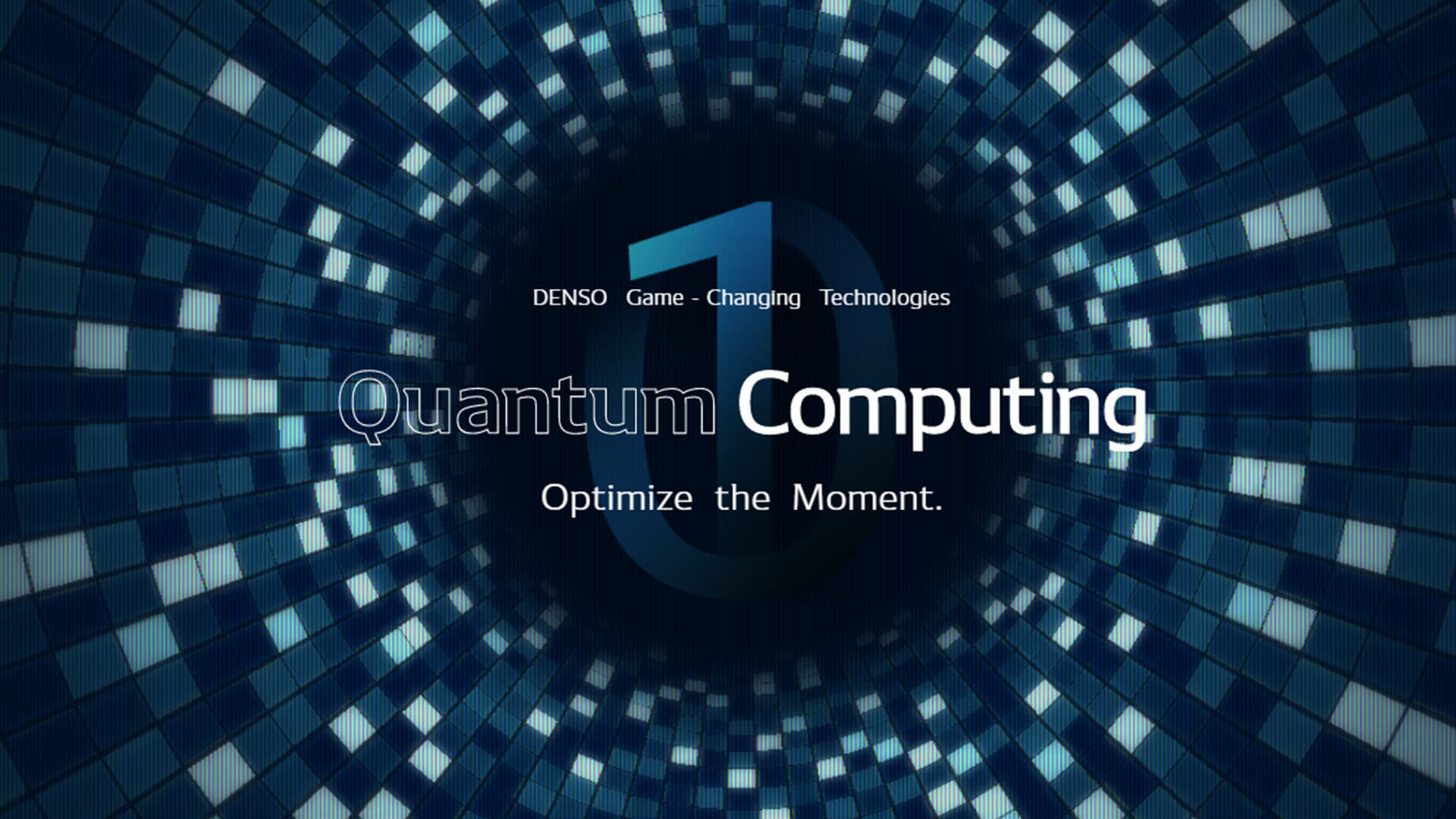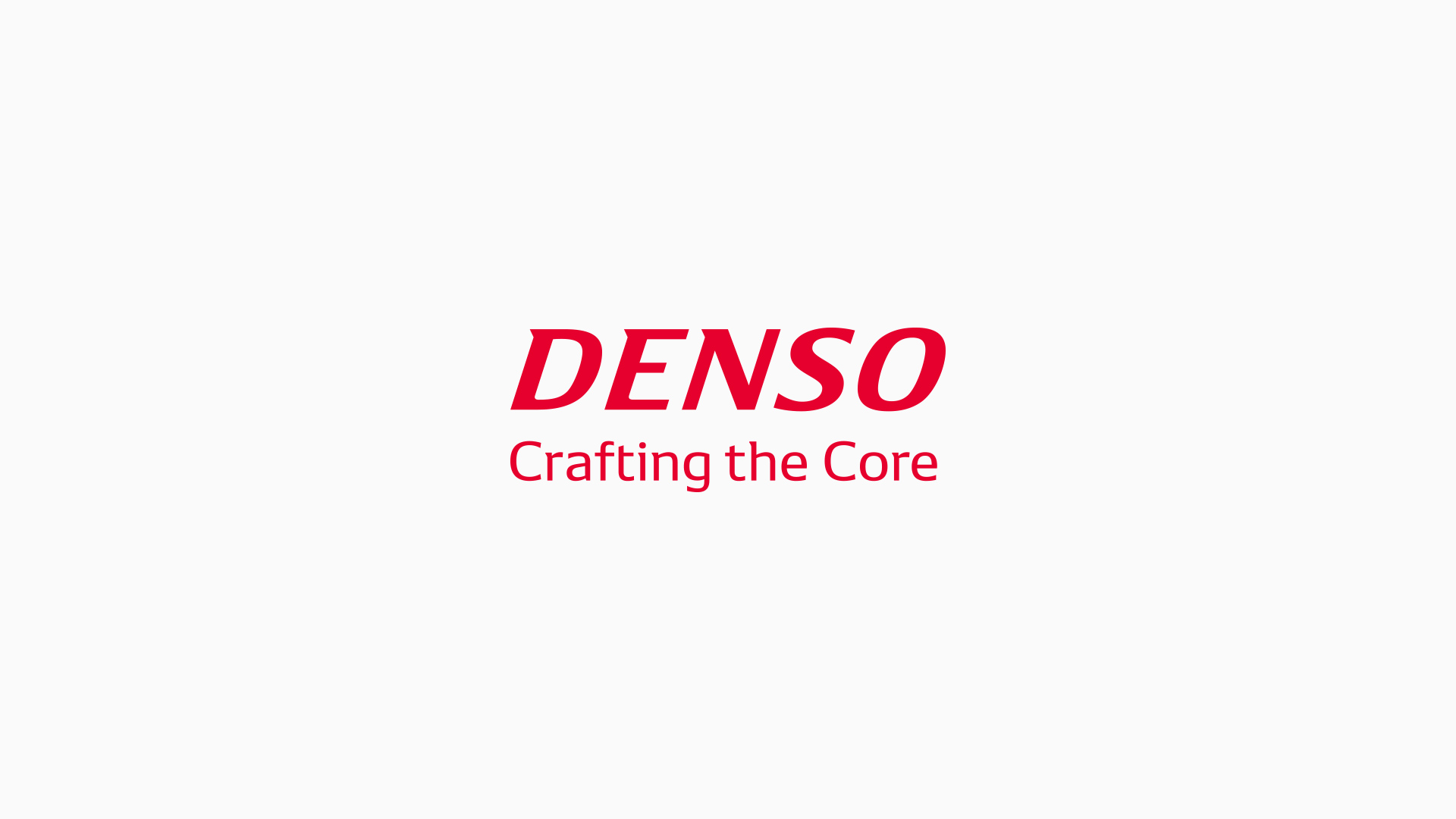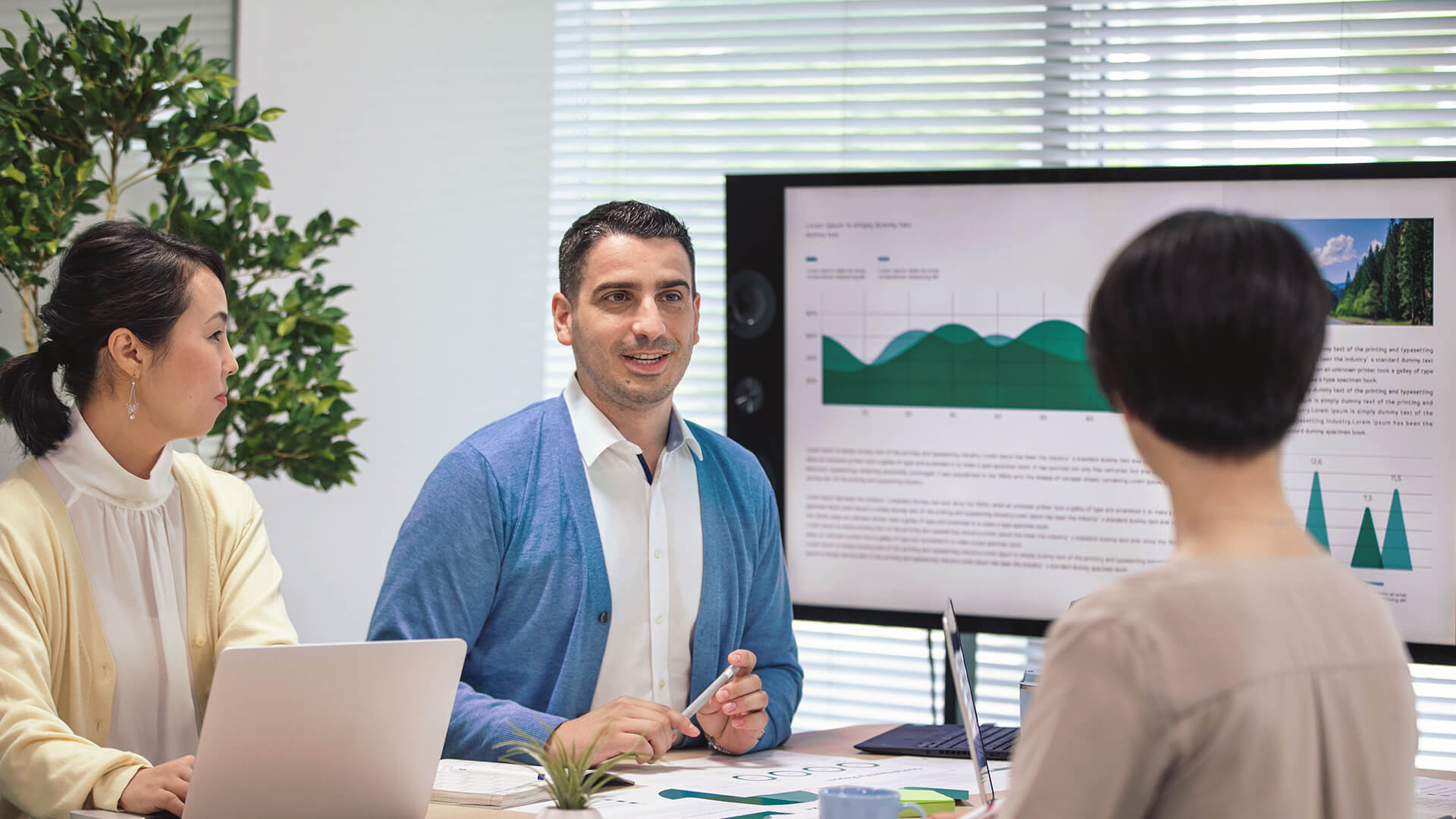Stakeholder Dialogue Fiscal 2013
Date: January 14, 2013
Place: DENSO Head Office (Aichi)
Dialogue themes
(1) DENSO’s goal in Long-term Policy 2020
(2) Issues and vision to ensure CSR fulfillment by each employee
Participants
Experts
Masayuki Hori (Secretary General of Platinum Society Network, Counselor of Mitsubishi Research Institute, Inc.)
Michiko Achilles (Corporate Officer, Shiseido Co., Ltd.)
Takayuki Morikawa (Professor, Department of Environmental Engineering and Architecture, Graduate School of Environmental Studies, Nagoya University)
Facilitator
Hideto Kawakita (CEO, IIHOE: International Institute for Human, Organization and the Earth)
DENSO
Executive officers in charge of CSR (Senior Executive Directors, Executive Directors), staff in charge from Corporate Planning Div., Safety & Environment Promotion Div., Human Resources Div., General Admin. Div., Information & Safety Systems Business Group, Driving Assist & Safety Business Unit, Technology Planning Div., Purchasing Planning Div., and Legal Div.
Opinions etc. expressed in the dialogue
This report presents opinions of both experts and DENSO participants.
Theme (1) DENSO’s goal in Long-term Policy 2020
(●: Experts, ♦: DENSO)
● DENSO should maximize positive values (convenience, comfort), minimize negative values (e.g. environmental impact, accidents, traffic congestion) in the overall policy of building a better future through vehicles, and should create extra values. Specifically, vehicles should be turned into part of a new information infrastructure. For example, the driver talks to a smartphone about things he/she notices such as traffic flow, roads, accidents, and disasters, and the information is then accumulated in a data center together with location information. This would help build an infrastructure in which information is continuously updated to make improvements. Field tests have been conducted using probe cars*. As a global supplier of automotive components, DENSO should conduct further research and create new values of “vehicles that are connected with people and communities.”
*Probe car: A vehicle that functions as part of the traffic observation system to monitor the traffic flow, vehicle behavior, weather, and road surface condition by utilizing information transmitted by in-vehicle sensors.
● “Security and safety” is a major theme for DENSO. In the aging society, DENSO should carefully examine what vehicles senior citizens will need, on the assumption that they will drive their cars until the age of 80. Which is an ideal solution, automated driving that ensures safety without driver intervention, or driver assistance that allows the driver to make decisions and activates multiple safety features only when a dangerous situation is imminent? In the event of a contingency, the vehicle’s communication system should be able to contact the family or an emergency medical facility and provide location information. Such a feature would give a sense of security. DENSO can make a major contribution to achieving a society where senior citizens can live in harmony with vehicles.
♦ Conventionally, we created business plans based on the forecasting approach (i.e. formulate a future action plan based on an analysis of the current situation). In formulating the Long-term Policy, we introduced the concept of backcasting to create plans based on an ideal future vision. There is a gap between these two approaches. Innovation to create new values (including technologies and social systems) helps fill the gap. We will accelerate our efforts to achieve “vehicles that are connected with people and communities.”
♦ In the past, vehicles were infamous for causing deaths and pollution. Today, vehicles are boxes filled with energy and information. They are equipped with many sensors, but these sensors are used only for controlling one’s own vehicle. These sensors could be used more effectively to contribute to society.
● In terms of energy, DENSO has a goal of contributing to society by conserving, creating, and storing energy. In addition to optimizing thermal energy and transfer in mobility, DENSO should apply its control technologies etc. refined in the automobile business to the housing field (a new business) to optimize thermal management and achieve an electricity supply system that does not require DC/AC conversion etc. Such solutions would help reduce the overall environmental impact in society.
● Just-In-Time (JIT) energy is a great system to supply only the required amount of energy when required. It should be introduced to business locations that cannot easily reduce energy consumption. This electricity conservation business could take full advantage of DENSO’s strengths and make a significant contribution to society.
♦ We have a considerable advantage in technologies, but are not good at finding partners and enhancing engagement to popularize these technologies. We must rise to this challenge. To achieve the goal in the Long-term Policy, we need new perspectives and wisdom to increase partners.
● This applies to all Japanese manufacturers. They excel in engineering capabilities, but are not good at creating a system to spread the solutions, which is why they are beaten by competitors in Europe and the U.S. etc. DENSO should establish a system that sets global standards or creates new markets.
Theme (2) Issues and vision to ensure CSR fulfillment by each employee
(●: Experts, ♦: DENSO)
● It is not easy to instill the spirit of CSR and motivate employees to take the initiative in identifying social issues and taking action. Many companies have been conducting trial and error. One possibility is to work on a symbolic activity for the company. At Shiseido, we launched a campaign to give free makeup advice to individuals who have white spots or bruises by taking advantage of our makeup and beauty techniques refined in our main business. The findings obtained from the campaign led to the development of new products. Meanwhile, executive officers and employees visited hospitals, facilities, disaster areas, etc. to offer hand massages and makeup services. We received positive feedback from many people who told us that they were able to smile again. These activities have increased employees’ sense of pride and motivation, and have served as the driving force to instill CSR across the company. Instead of applying top-down pressure, we encourage employees to think and act on their own.
♦ At DENSO, production workplaces actively promote unique energy conservation activities, and departments take the initiative to collaborate with one another, achieving significant energy savings (reduction in CO2emissions) and cost savings. However, they do not have much awareness or pride in contributing to conservation of the global environment. We are considering introducing a “virtue points” system, for example, to promote visualization so that employees can appreciate the significance of their contribution.
● In a mature society, the joy of being recognized by someone else is a strong motivation to take action. To instill CSR throughout the company, it is necessary to create a system in which employees can feel that they are recognized by colleagues and the company. It is also essential to work on activities through which the company can be recognized by society. Donations and volunteer activities also provide opportunities to feel the joy of giving. If employees can feel these two types of joy (i.e. CSR is visualized), CSR will be successful in the organization.
♦ At an overseas subsidiary in the Philippines, the president asks the group leaders every morning to report quality defects of the previous day. Knowing that nobody wants to do this, the president shakes hands with those who do and thanks them for having the courage to speak up. This practice led to a reduction in in-process defects. Praise can turn negative power to zero, and even to positive power, and this applies to any country.
♦ CSR sometimes gives a negative impression (conservatism) as exemplified by compliance. It should be turned into positive activities which employees can work on pleasantly and powerfully. In this context, it is essential to create opportunities to praise employees.
● Shiseido sets a good example in taking advantage of expertise in its main business. In the case of DENSO, when employees drive their vehicles, they can collect various types of information. Employees who have qualifications can make contributions in the event of a contingency (e.g. first-aid treatment). DENSO employees can expand the driving safety and security network. The information sent from their vehicles can help identify sudden braking points, high CO2emissions points, etc. The expanded network may contribute to the main business. While each employee plays a small part, the activities can be connected by the network, and will be shared by 120,000 employees globally under DENSO’s unique initiative.
● Regarding diversity, I am asked at international conferences etc. about the unusual situation in Japan: why do Japanese companies have few female leaders? According to a survey, utilizing the potential of women who are currently out of the workforce would boost GDP in the U.S. and Japan by 9% and 16%, respectively. Today, diversity and work-life balance are not simply an issue of correcting inequalities; it is an important issue that is related to revitalizing the national economy. Global companies should have a system and culture where employees with diverse backgrounds, including women, can play active roles. It is necessary to consider the perspectives of both Japanese society and the international community when implementing any corporate activities.
♦ At DENSO, we upgraded the system to support women so that they can continue to pursue their career, and the activities have produced results. To facilitate further contributions by female employees, we have been raising their awareness and motivating them to pursue their careers from the long-term perspective while ensuring a work-life balance. We have also launched efforts to reduce the obstacles.
● The Long-term Policy delivers a message to “take chances without being constrained by conventional practices” and “look from outside.” The key is for each employee to continuously think what society expects of DENSO. If employees can take on challenges with a sense of excitement instead of feeling forced to do so, DENSO will be able to increase its presence by 2020 when society will undergo significant changes.
A message from the secretariat
In this dialogue, DENSO executive officers and employees exchanged opinions with external experts on the theme of the Long-term Policy that was formulated in this fiscal year. Specific topics included the vision of efforts on “the environment” and “security & safety” toward 2020 and ways to encourage employees to focus more on social issues. Experts expressed their expectations toward DENSO and presented their views from a broad perspective, ranging from contribution through products to contribution by changing the social system. We are deeply grateful for their feedback.
DENSO has long worked to fulfill accountability to respective stakeholders in order to become a trustworthy company in harmony with society. We recognize that there are many improvements to be made.
In the Long-term Policy, we declared our commitment to becoming a trustworthy global company in harmony with society. To achieve the goal, we will use the valuable feedback given in the dialogue to make progress toward 2020, and will continuously enhance our activities.
(CSR Promotion Dept., Corporate Planning Div.)



